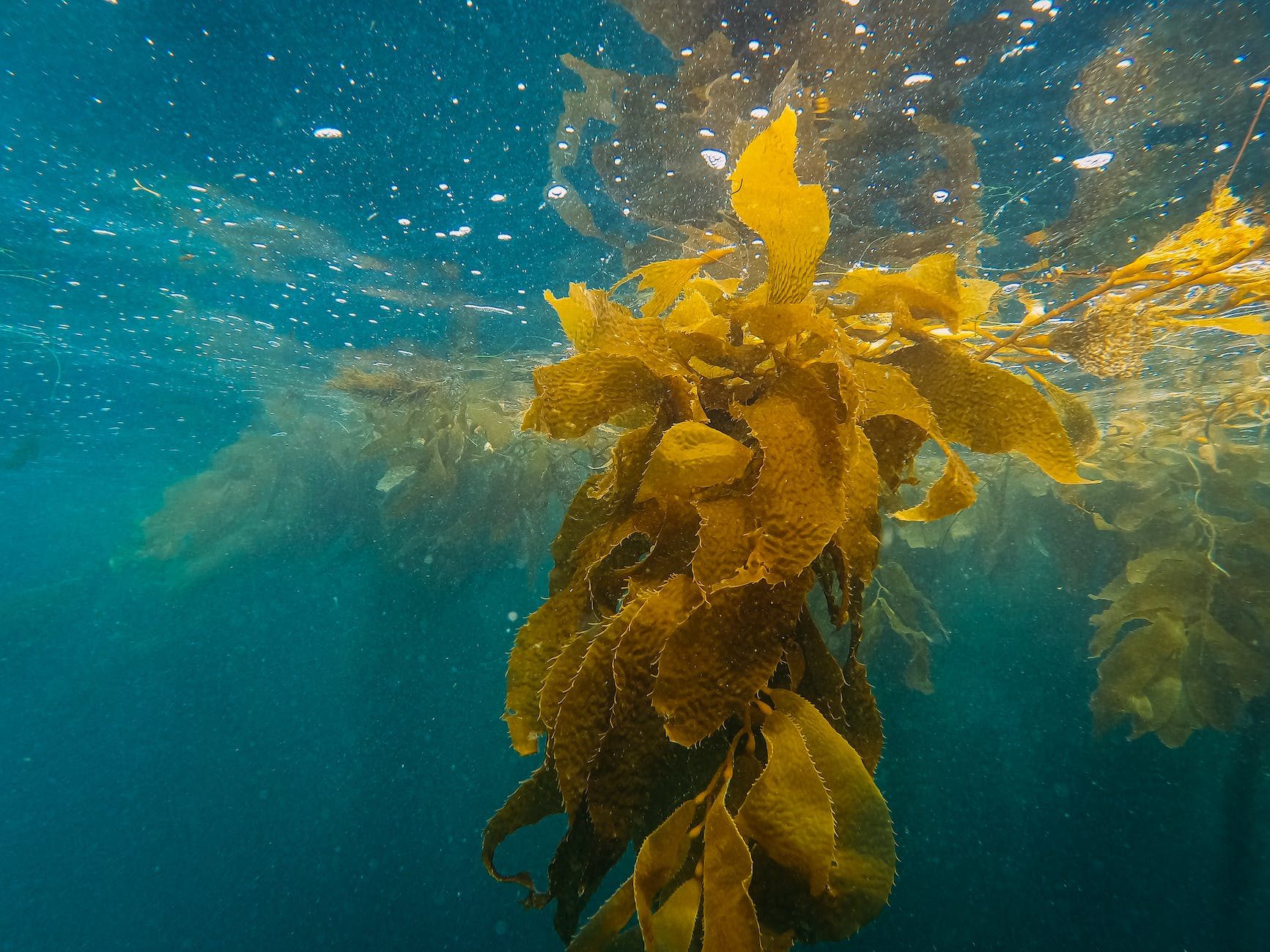Silk has long been praised for its luxurious feel and elegant sheen, but its production and ethical considerations have left many searching for sustainable alternatives. We spoke about this in one of our previous articles: Why Silk Isn’t the Best Choice for Your Lifestyle. In this article, we’ll introduce you to five fantastic silk(but not limited to) alternatives: banana fabric, kelp fabric, cupro fabric, hemp, and 100% bamboo fabric.
Banana Fabric
Banana fabric, also known as banana silk or banana fiber, is a sustainable marvel. It’s crafted from the fibers of banana plant stalks, typically discarded after harvesting the fruit. These fibers are woven into a luxurious, silk-like fabric that brings a natural gloss and breathability. Banana fabric is not only biodegradable but also requires minimal water and chemical inputs during production, making it a compelling choice for eco-conscious consumers. It’s a testament to the potential of utilizing agricultural waste to create beautiful, sustainable textiles.
Kelp Fabric
Kelp fabric is an rising star in the sustainable textile scene. Made from kelp, a type of seaweed, this fabric offers unique advantages. Kelp is a rapidly renewable resource that doesn’t require arable land or freshwater to grow. It also has natural anti-bacterial and UV-resistant properties, making it an excellent choice for clothing and outdoor gear. Kelp fabric represents a sustainable alternative that taps into the vast potential of our oceans.
Cupro Fabric
Cupro fabric, derived from cotton linter, is an eco-friendly and vegan-friendly alternative to traditional silk. It shares many characteristics with silk, including a silky-smooth texture and excellent drape. Cupro is biodegradable, and its production typically involves a closed-loop process that recycles and minimizes chemical waste. For those seeking a cruelty-free and sustainable substitute for silk, cupro is a top contender.
Hemp
Hemp fabric is a versatile and sustainable option for those looking beyond traditional silk. Hemp plants require minimal water and grow quickly, making them an environmentally friendly choice. Hemp fibers are strong, durable, and naturally resistant to pests, reducing the need for pesticides. Hemp fabric is biodegradable, breathable, and offers excellent moisture-wicking properties. It’s a go-to option for those seeking sustainability, durability, and comfort in their textiles.
100% Bamboo
No stranger to us, 100% bamboo fabric is another sustainable alternative to silk. Bamboo is known for its rapid growth, minimal environmental impact, and biodegradability. When made into fabric, it offers a soft, silky texture and breathability. Bamboo fabric can be an excellent choice for those who value eco-friendliness and comfort in their clothing.
As you explore these alternatives, remember that each one has its unique qualities, making it important to consider your specific demands and preferences. The world of sustainable textiles empowers us to make choices that not only enhance our personal style but also contribute to a more sustainable, compassionate, and conscious world.

Leave a Reply